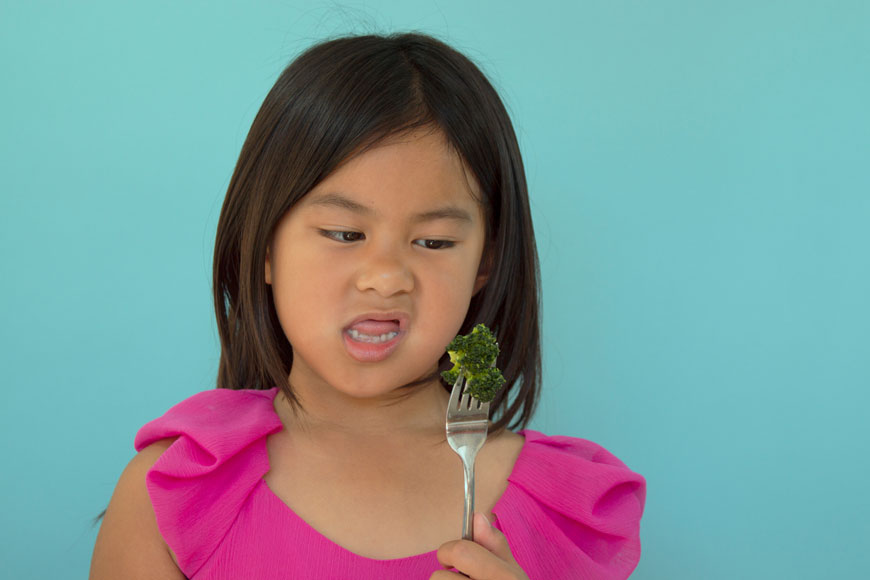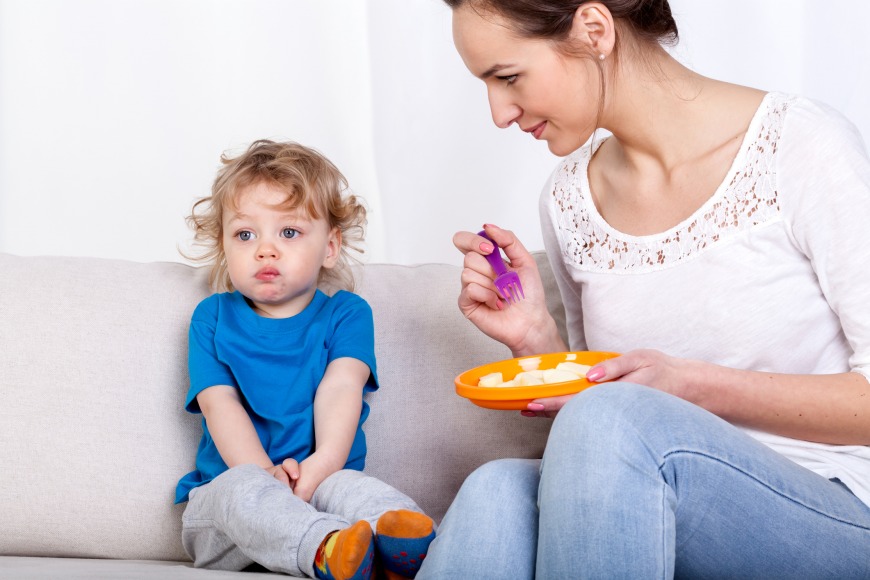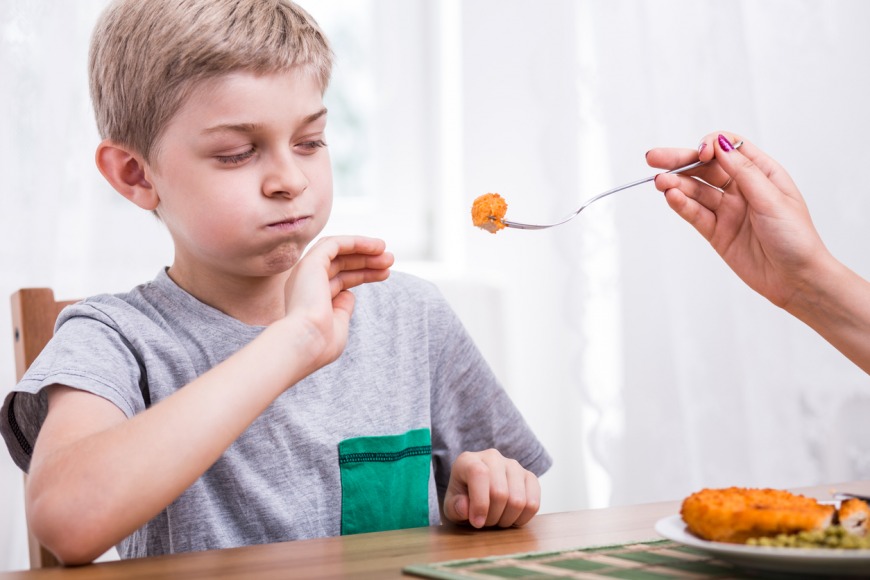How to Spot When Your Child’s Fussy Eating is Dangerous
Could picky eating be damaging your child’s long-term health? A dietitian explains when parents should be worried and what to do about it.
4 September 2019

All Credits: PA
Many parents worry about the dangers of their child being a fussy eater, and their fears will have been heightened with the news that a teenager has gone blind after living on a diet of chips and crisps.
For several years, the Bristol teenager had only eaten French fries, Pringles and white bread, and an occasional slice of ham or a sausage, according to a case report in a medical journal. Tests revealed he had severe vitamin deficiencies and malnutrition and, by 17, his vision had deteriorated to the point of blindness.
It’s a terrifying story for parents to hear – but how can they make sure it doesn’t happen to their child?

We asked dietitian Ursula Arens, a spokesperson for the British Dietetic Association, to outline how parents can spot when fussy eating is getting dangerous. Here is her advice:
Check their weight
“There are many shades of grey with fussy eating, but one marker is the child’s weight. If their weight is normal compared to their peers, then they’re getting enough calories, so that’s one thing ticked off. But of course you can get enough calories and still not get a fantastic range of nutrients. If they’re not eating to the point of being skinny, then obviously that’s a worry and you’d be advised to seek professional advice.”
Know when to get expert help
“But some kids maintain bizarre and very long-term problems. We all have individual foods we don’t like, which is fine – but if the food variety really is restricted to two or three foods, then at some stage you need to take them to see a paediatric dietitian, referred through your GP. If the doctor feels there is a problem and it’s gone on for a while – I suppose around a year – and you’ve tried everything, then a paediatric dietitian or possibly a psychologist may be necessary.
“Kids have phases, and food can become a battle tool between a parent and a child, so you have to be careful not to escalate that too quickly. As far as possible, parents need to be quite chilled and relaxed about the child not eating his peas on that day, because having flaming rows is not likely to help. But if after a while your child is noticeably stranger about food than all their friends, you may need to act.”


























.png?itok=SvZPqMHH)




.png?itok=uB2ieOR7)












